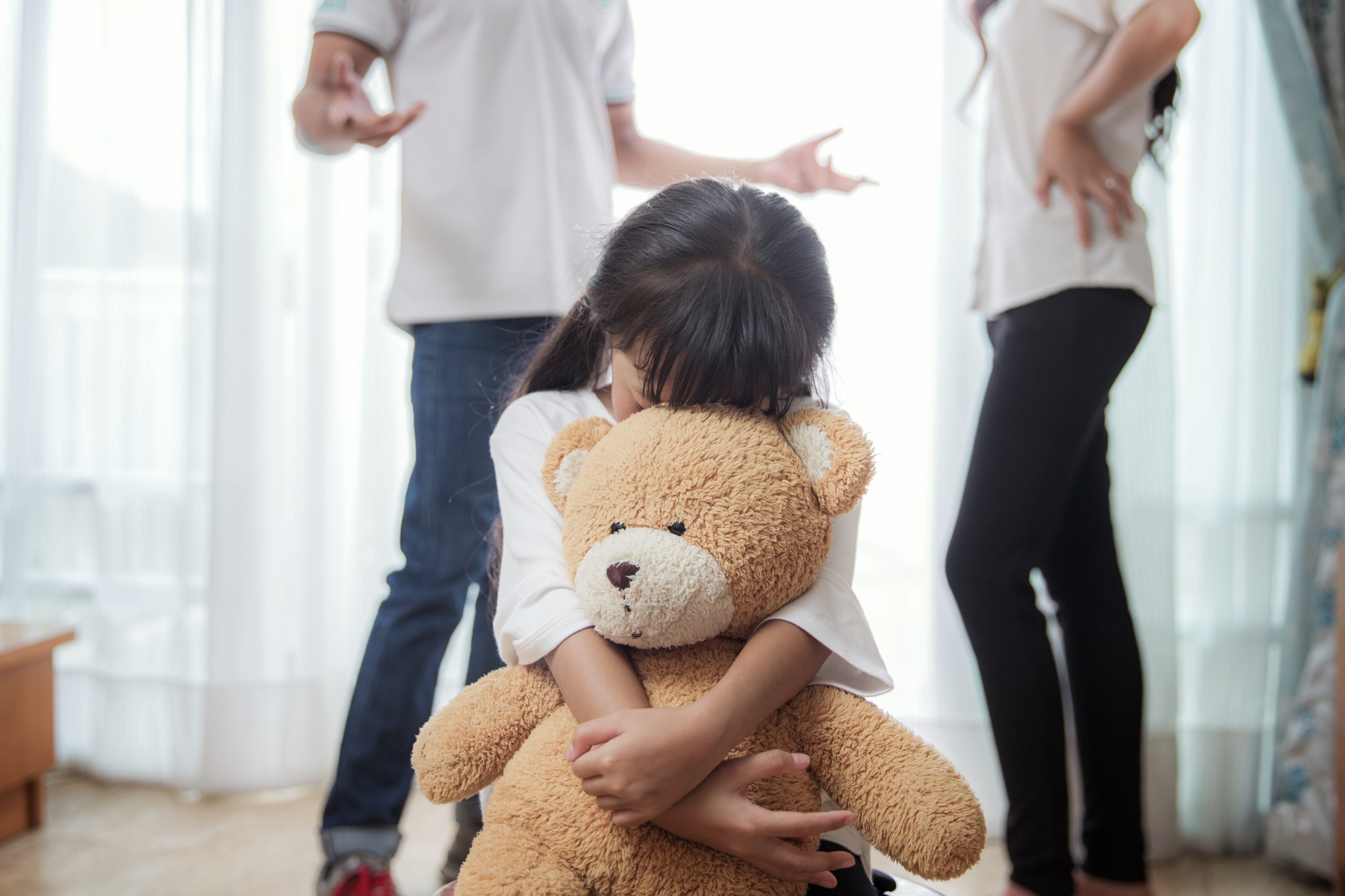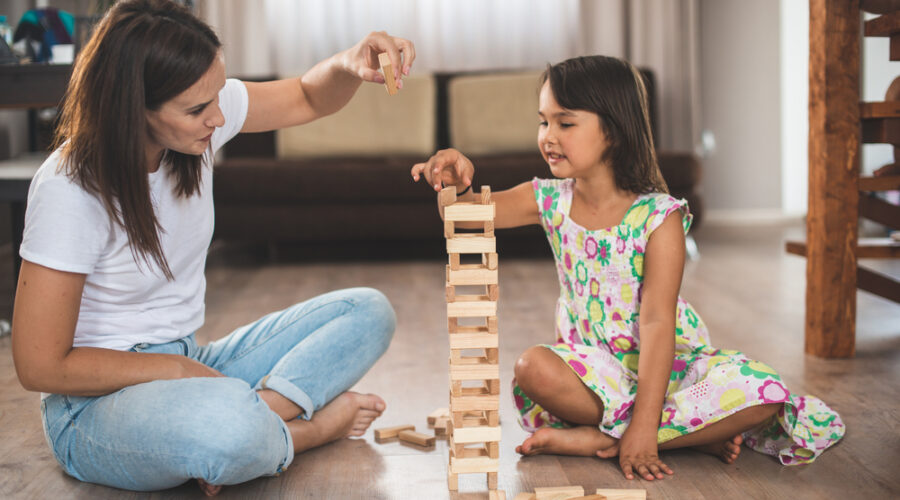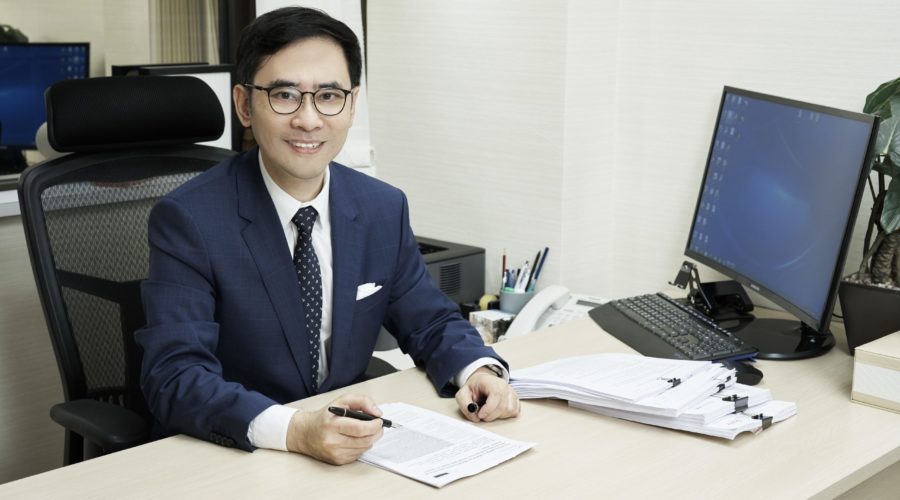
In this spotlight profile, we are speaking to Dr. Henry Kwok, a Hong Kong based psychiatrist with special interests in the mental health of children and adolescents, as well as individuals with intellectual disabilities. He also provides psychiatric examinations and medical reports for the Courts in Hong Kong. Dr. Kwok serves many Non-Government Organizations (NGOs), special school, patient support groups and parent associations in Hong Kong
Dr. Kwok, thank you for taking the time to speak with us today.
Can you tell us a little bit about your background and training?
I received my basic medical and psychiatric training in Hong Kong. Then I undertook specialist training at various institutes and hospitals in Hong Kong, United Kingdom, the Netherlands and in the USA. My work as a service head, clinician, researcher and academic in the field of psychiatry extends back to three decades. Internationally, I have served organizations including the World Psychiatric Association (WPA) and the World Health Organization (WHO). Currently I am a psychiatrist in private practice.
Your interest is on mental health and you have worked with children and adolescents in Hong Kong. Can you tell us more about your experience with this age group and what challenges children and adolescents are facing in Hong Kong at this time?
I have seen children and adolescents with all sorts of emotional and behavioural problems. There is also a group with special educational needs such as Autism Spectrum Disorders (ASD) and Attention Deficit Hyperactivity Disorder (ADHD).
It is certainly a very challenging period of time for children in Hong Kong. There are many pressures that children face in Hong Kong and I can name a few that are exceptionally highlighted in our society. I think the most important challenge children face is academic. There is so much pressure on the academic side in Hong Kong because parents and teachers push students to work hard and get good grades. In Hong Kong there is also societal stress related to competition that children encounter among their peers and through various social media and this can cause conflict with their parents.
Another significant stress for children is family conflicts. There is a high rate of divorce in Hong Kong and before parents divorce, there is usually a long period of time where marital discord affects the emotional and psychological development of children. The living space in Hong Kong is also very small and many children live in partitioned flats and/or public housing and so they may not have sufficient private space to study and play and this can affect their mental well-being. The excessive use of the internet by children is another source of clashes between parents and their children.
Finance is also a big stress right now in Hong Kong especially with Covid-19 as parents are under stress to meet not only the material needs of their children but also other areas such as extra-curricular activities. We also know in Hong Kong there are recent waves of families leaving Hong Kong so children have to prepare to face new environments where there are language and cultural differences.
It has been reported that Hong Kong is seeing a record number of suicides. From your review and analysis, what do you think is the root cause of this problem and what can be done to help those who are struggling mentally?
When children and adolescents are under tremendous stress, they might not have adequate coping strategies and support from their parents or teachers. There are parents who may not be sensitive to their children’s emotional needs and some parents use the wrong methods to discipline or relate to their children. This may result in children and adolescents becoming excessively anxious or worried and this can further lead to depressed moods and feelings of hopelessness or uselessness. What follows from this is that a child may begin to develop self-harm behaviours or suicidal thoughts. I have seen a girl of age 4 who voiced that she wanted to die and jump out of the window when she was emotionally upset.
Help has to be tailor-made and individualized with an overall assessment not only of the child but of the whole family because parents are very important in supporting the child in such circumstances. If parents are not adequate and not skillful, we have to teach them to improve their parenting skills and also find some professional assistance for them. We may refer them to psychologists and/or social workers for further therapy or advice.
Divorce is considered a traumatic event both for the individuals going through a divorce, but also for the children/adolescents involved. What key issues have you observed with children/adolescents going through their parents’ divorce?
In a divorce, there are positive and negative sides to it. On the positive side, it is an end to an unhappy marriage and the child is no longer exposed to the conflict on a day-to-day basis. On the negative side, one of the parents will live apart from the child and it simply becomes a reality that the live-out parent will not spend as much time as they once did with the children. It becomes extremely destructive if one parent engages in parental alienation and refuses the other parent to see the child or bad-mouths the parents to the child. This is a big problem as it paints a bad image to the child and the child then becomes confused as to whether the other parent still loves them. This may generate feelings of uncertainty and anxiety within a child and could then result in academic failures, disruptive behaviours or even substance abuse (for older children). Parents must therefore be aware that the child is the victim of divorce.
What advice can you give parents who are struggling with divorce and who are trying to help their children come to terms with the “new normal” of a broken family unit?
As a psychiatrist, the purpose is to minimize emotional harm to the child so they can continue to have normal development as much as possible. This involves communication with the parents and to include other professionals of other disciplines who could assist in helping to re-build the family again post-divorce.
What is most important is the child’s overall well-being and so it is our hope that the parents will always remember to put their child’s best-interest first even if the marriage breaks down. A key way to help ease the burden among a child is for parents to remain active and present in their life.
What advice do you have for parents who are trying to co-parent amidst a divorce? What do you recommend for parents so that they can successfully navigate healthy parenting post-divorce?
I think it is not easy to co-parent especially if the anger and resentment carry on after the divorce. However, it’s important not to see or treat the other parent as an enemy since the focus is on the child and the best interests of the child should be respected. If there are issues communicating, it might be wise to employ a middle man who can help in communication and if the child is old enough, invite the child into important decision-making to at least provide them with a voice to speak about their desires and wishes and to allow both parents to receive that information directly from the child him/herself.
Dr. Henry W M Kwok

M.B.,B.S.(HK), MRCPsych, FHKCPsych, FHKAM(Psychiatry), FRCPsych
Room 821, 8/F, Leighton Centre, 77 Leighton Road, Hong Kong










